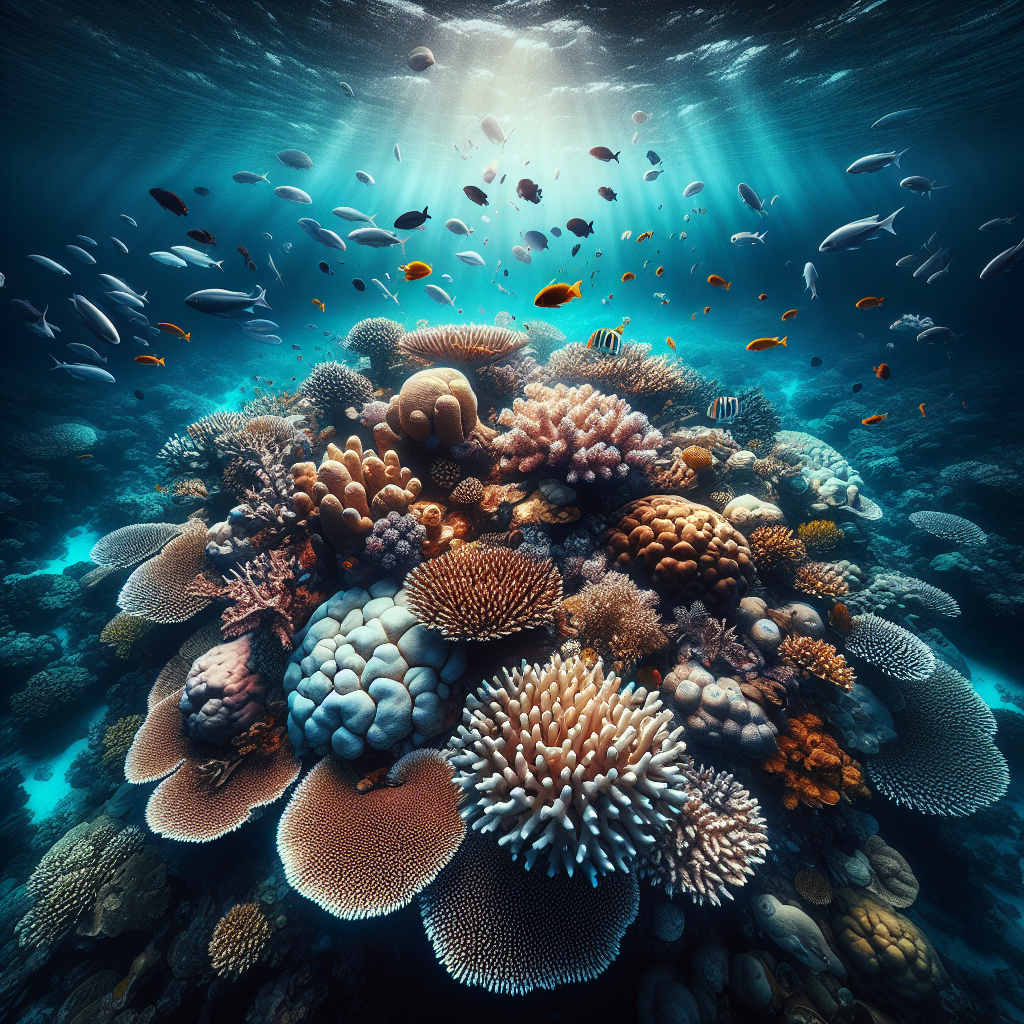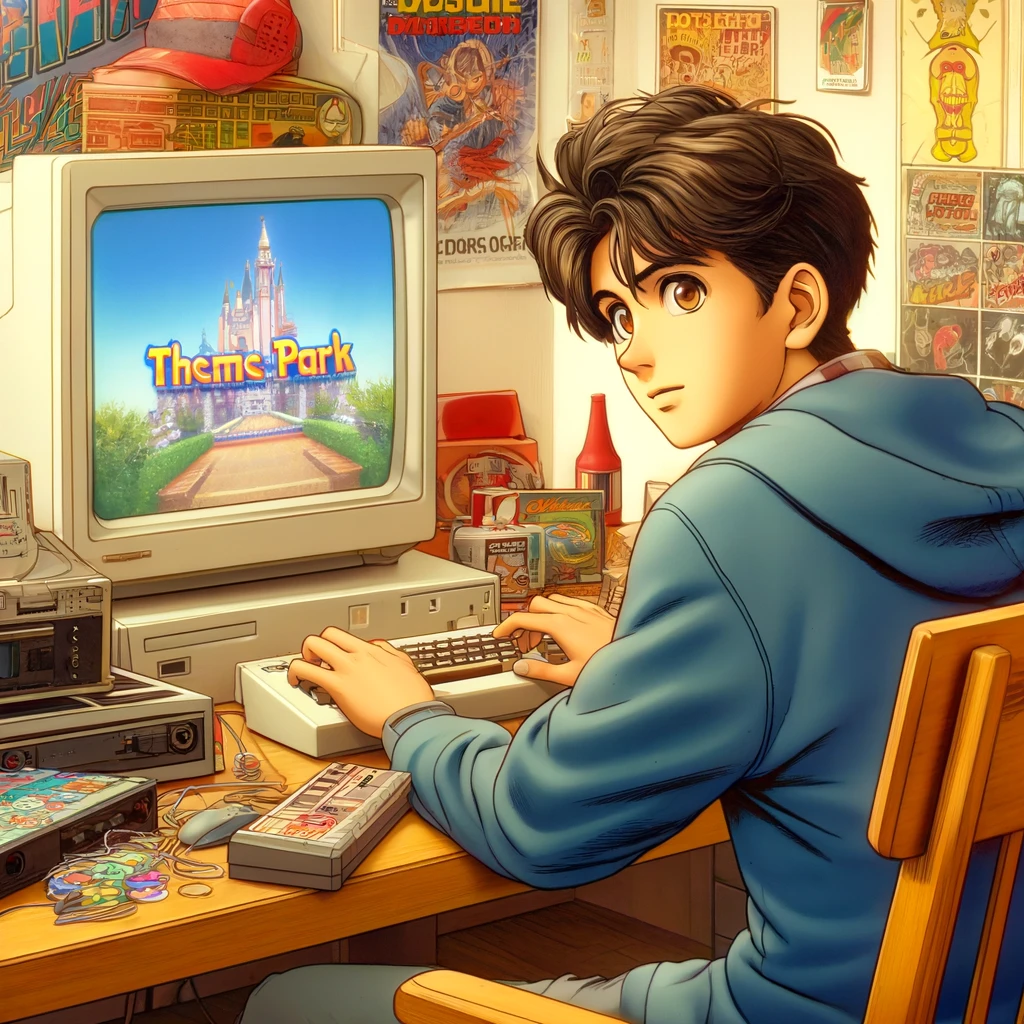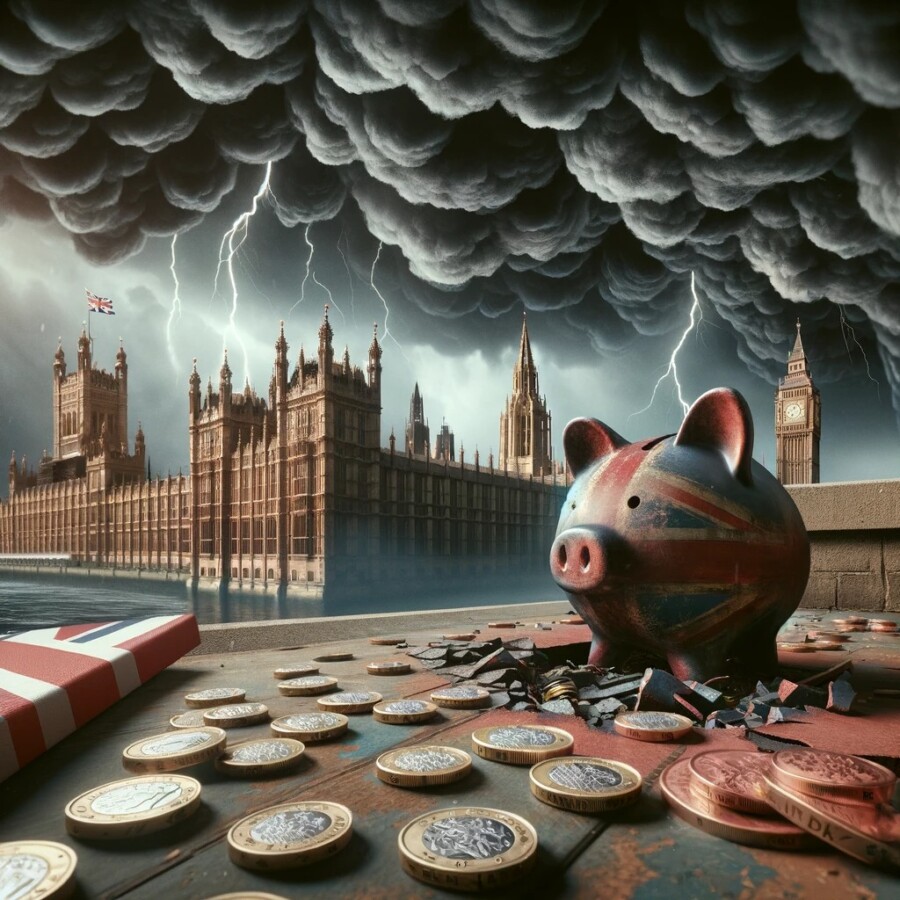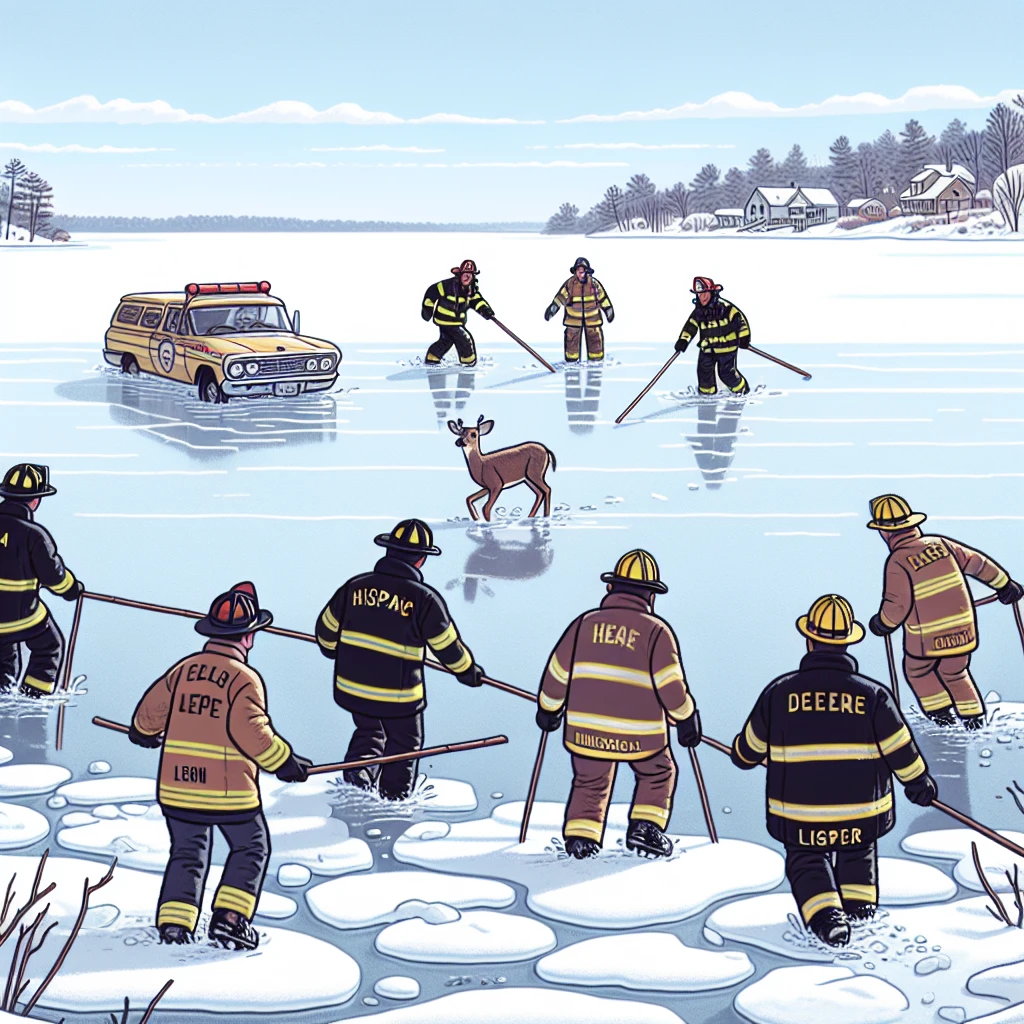The Great Barrier Reef is in trouble because the water is getting too hot. The water is hotter now than it has been in 400 years. This makes the coral sick and turns them white, which is called bleaching. Scientists are worried because this has happened five times in the last ten years. They say we need to help the reef by stopping the water from getting even hotter.
Scientists looked at old coral to see how the water has changed over time. They found that the last ten years were the hottest. Dr. Benjamin Henley, a scientist, is worried but thinks we can help if we act fast. Coral needs algae to stay healthy, but hot water makes them lose the algae. If we don’t help, the coral might not survive.
Original news source: 400-year record heat threat to Great Barrier Reef (BBC)
🎧 Listen:
Slow
Normal
Fast
📖 Vocabulary:
| 1 | trouble | When something is not going well |
| 2 | coral | Colorful sea animals that look like plants |
| 3 | bleaching | When something loses its color and turns white |
| 4 | scientists | People who study and learn about things |
| 5 | worried | Feeling scared or nervous about something |
| 6 | survive | To keep living, not die |
| 7 | algae | Tiny green plants in the water |
| 8 | healthy | Feeling good and strong |
| 9 | act | To do something |
| 10 | reef | A big group of coral in the sea |
Group or Classroom Activities
Warm-up Activities:
– CHARADES
Instructions: Students will take turns acting out key vocabulary words from the article (e.g., coral, bleaching, hot water) without speaking, while the other students guess the word. This helps them engage with the vocabulary in a fun way.
– VOCABULARY PICTIONARY
Instructions: Students will draw a scene related to the article (like the Great Barrier Reef or coral bleaching) on the board while their classmates guess what it is. This reinforces understanding of the topic and vocabulary.
– MIND MAP
Instructions: In small groups, students will create a mind map on the board about the Great Barrier Reef. They should include key ideas from the article, such as “coral,” “hot water,” “bleaching,” and “help.” This activity helps with organizing thoughts and connecting ideas.
– TWO TRUTHS AND A LIE
Instructions: Each student will come up with two true statements and one false statement about the Great Barrier Reef based on the article. The group will then guess which statement is the lie. This encourages critical thinking and comprehension of the text.
– OPINION POLL
Instructions: Students will discuss in pairs or small groups whether they think humans should take action to help the Great Barrier Reef. After discussing, they will share their opinions with the class. This promotes speaking practice and encourages sharing ideas related to environmental issues.
🤔 Comprehension Questions:
1. What is the Great Barrier Reef?
2. Why is the water in the reef getting too hot?
3. What happens to the coral when the water is too hot?
4. How many times has the coral gotten sick in the last ten years?
5. Who is Dr. Benjamin Henley?
6. What do coral need to be healthy?
7. What can we do to help the coral?
Go to answers ⇩
🎧✍️ Listen and Fill in the Gaps:
The Great Barrier (1)______ is in (2)______ because the water is getting too hot. The water is hotter now than it has been in 400 years. This makes the coral sick and turns them white, which is (3)______ bleaching. Scientists are worried because this has happened five times in the (4)______ ten years. They say we need to help the reef by stopping the water from getting even hotter.
Scientists (5)______ at old coral to see how the water has changed over time. They (6)______ that the last ten years were the hottest. Dr. Benjamin Henley, a scientist, is worried but (7)______ we can help if we act fast. Coral needs algae to stay healthy, but hot (8)______ makes them lose the algae. If we don’t help, the coral might not survive.
Go to answers ⇩
💬 Discussion Questions:
Students can ask a partner these questions, or discuss them as a group.
1. What is your favorite animal in the ocean?
2. How would you feel if the ocean got too hot?
3. Do you like to swim in the ocean? Why or why not?
4. What is a coral? Do you think they are pretty?
5. How would you feel if the coral died?
6. Do you think we should help the ocean? Why?
7. What is your favorite color of coral?
8. How do you think we can help the ocean?
9. Do you think it is important to keep the water cool? Why?
10. What is a scientist? Do you want to be a scientist?
11. How would you feel if you saw sick coral?
12. Do you like to learn about the ocean? Why or why not?
Individual Activities
📖💭 Vocabulary Meanings:
Match each word to its meaning.
Words:
1. trouble
2. coral
3. bleaching
4. scientists
5. worried
6. survive
7. algae
8. healthy
9. act
10. reef
Meanings:
(A) To do something
(B) When something is not going well
(C) Colorful sea animals that look like plants
(D) Tiny green plants in the water
(E) When something loses its color and turns white
(F) Feeling good and strong
(G) Feeling scared or nervous about something
(H) To keep living, not die
(I) People who study and learn about things
(J) A big group of coral in the sea
Go to answers ⇩
🔡 Multiple Choice Questions:
1. What is happening to the water in the Great Barrier Reef?
(a) It is getting too cold
(b) It is getting too dirty
(c) It is getting too salty
(d) It is getting too hot
2. What happens to the coral when the water is too hot?
(a) They turn white
(b) They turn blue
(c) They turn green
(d) They turn red
3. How many times has coral bleaching happened in the last ten years?
(a) Two times
(b) Five times
(c) Ten times
(d) Three times
4. Who is Dr. Benjamin Henley?
(a) A teacher
(b) A doctor
(c) A scientist
(d) A fisherman
5. What do coral need to stay healthy?
(a) Algae
(b) Fish
(c) Sand
(d) Rocks
6. What do scientists say we need to do for the reef?
(a) Leave it alone
(b) Ignore it
(c) Help it
(d) Make it bigger
7. How long has the water been hotter than it is now?
(a) 100 years
(b) 50 years
(c) 10 years
(d) 400 years
8. What might happen if we don’t help the coral?
(a) They will grow bigger
(b) They might not survive
(c) They will change color
(d) They will swim away
Go to answers ⇩
🕵️ True or False Questions:
1. Scientists are not worried about the reef.
2. The water is hotter now than it has been for 400 years.
3. When coral gets sick, it turns white.
4. Hot water makes the coral sick.
5. If we help, the coral might not live.
6. The Great Barrier Reef is getting too hot.
7. This white coral is not called bleaching.
8. Coral needs algae to be unhealthy.
Go to answers ⇩
📝 Write a Summary:
Write a summary of this news article in two sentences.
Check your writing now with the best free AI for English writing!
Writing Questions:
Answer the following questions. Write as much as you can for each answer.
Check your answers with our free English writing assistant!
1. What is happening to the water in the Great Barrier Reef?
2. Why is the coral turning white?
3. How many times has the coral been sick in the last ten years?
4. What do scientists think we should do to help the reef?
5. What do coral need to stay healthy?
✅ Answers
🤔✅ Comprehension Question Answers:
1. What is the Great Barrier Reef?
The Great Barrier Reef is a big, beautiful place in the ocean with lots of coral.
2. Why is the water in the reef getting too hot?
The water is getting too hot because of climate change.
3. What happens to the coral when the water is too hot?
When the water is too hot, the coral gets sick and turns white.
4. How many times has the coral gotten sick in the last ten years?
The coral has gotten sick five times in the last ten years.
5. Who is Dr. Benjamin Henley?
Dr. Benjamin Henley is a scientist who studies the coral and the water.
6. What do coral need to be healthy?
Coral need algae to be healthy.
7. What can we do to help the coral?
We can help the coral by making sure the water does not get hotter.
Go back to questions ⇧
🎧✍️✅ Listen and Fill in the Gaps Answers:
(1) Reef
(2) trouble
(3) called
(4) last
(5) looked
(6) found
(7) thinks
(8) water
Go back to questions ⇧
📖💭✅ Vocabulary Meanings Answers:
1. trouble
Answer: (B) When something is not going well
2. coral
Answer: (C) Colorful sea animals that look like plants
3. bleaching
Answer: (E) When something loses its color and turns white
4. scientists
Answer: (I) People who study and learn about things
5. worried
Answer: (G) Feeling scared or nervous about something
6. survive
Answer: (H) To keep living, not die
7. algae
Answer: (D) Tiny green plants in the water
8. healthy
Answer: (F) Feeling good and strong
9. act
Answer: (A) To do something
10. reef
Answer: (J) A big group of coral in the sea
Go back to questions ⇧
🔡✅ Multiple Choice Answers:
1. What is happening to the water in the Great Barrier Reef?
Answer: (d) It is getting too hot
2. What happens to the coral when the water is too hot?
Answer: (a) They turn white
3. How many times has coral bleaching happened in the last ten years?
Answer: (b) Five times
4. Who is Dr. Benjamin Henley?
Answer: (c) A scientist
5. What do coral need to stay healthy?
Answer: (a) Algae
6. What do scientists say we need to do for the reef?
Answer: (c) Help it
7. How long has the water been hotter than it is now?
Answer: (d) 400 years
8. What might happen if we don’t help the coral?
Answer: (b) They might not survive
Go back to questions ⇧
🕵️✅ True or False Answers:
1. Scientists are not worried about the reef. (Answer: False)
2. The water is hotter now than it has been for 400 years. (Answer: True)
3. When coral gets sick, it turns white. (Answer: True)
4. Hot water makes the coral sick. (Answer: True)
5. If we help, the coral might not live. (Answer: False)
6. The Great Barrier Reef is getting too hot. (Answer: True)
7. This white coral is not called bleaching. (Answer: False)
8. Coral needs algae to be unhealthy. (Answer: False)
Go back to questions ⇧













